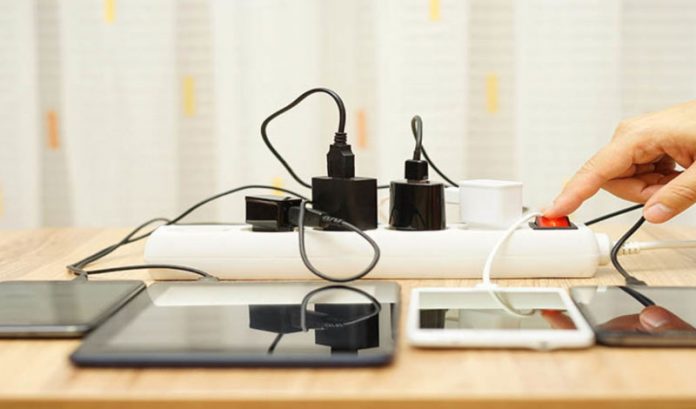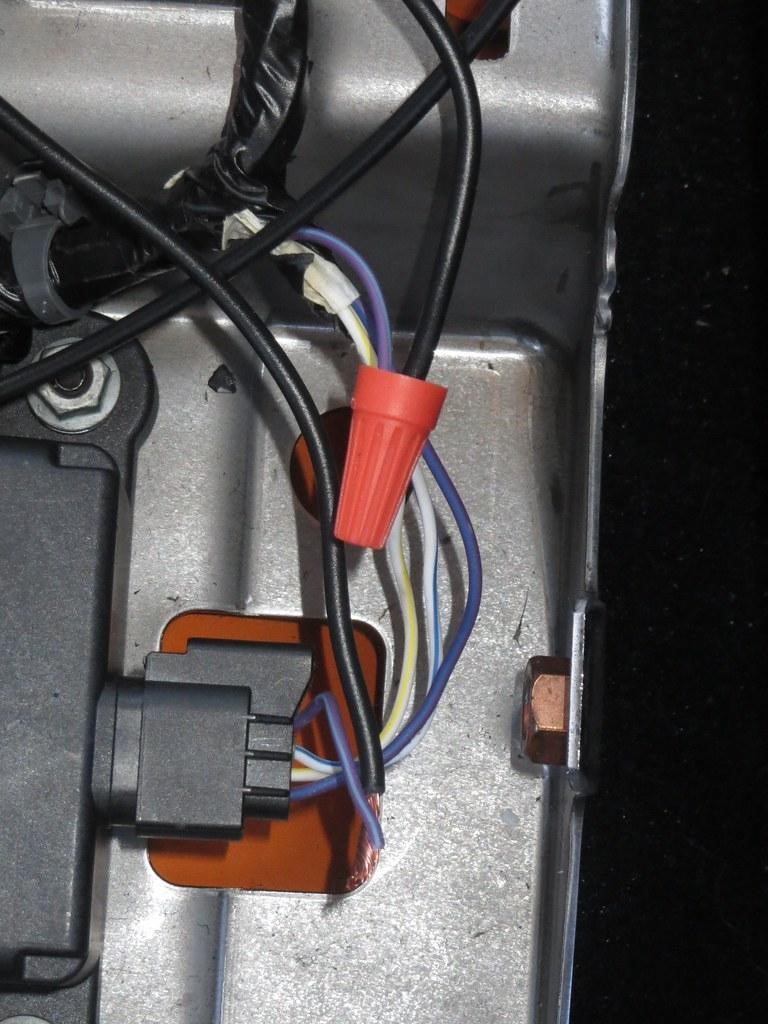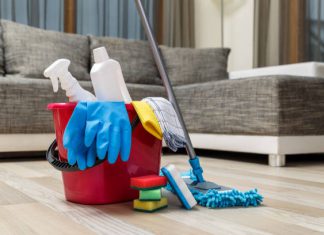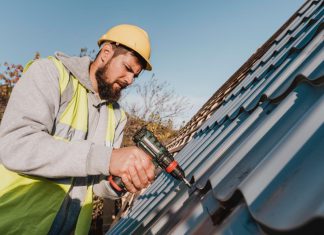Tackling an electrical wiring job in your home is a huge undertaking, and it can also be dangerous. Remember always to be careful when you work with electrical wiring. Here are some safety tips to help prevent the risk of electrocution while you look for electricians.
Turn Off the Panel Box Before Beginning
You never want to handle live or hot wires since the risk of electrocution is too high. Before you start rewiring, make sure you turn off the power from the main electrical power box. Check to ensure you turned off the correct fuses before you begin.
Always Cap Live Wires
Whenever making electrical repairs, remember to cap any wires. If left unexposed, you increase the risk of electric shock. Fit the cap snugly over the loose strange in the wire gauge. Make sure you screw the caps into place, so they don’t fall off when handling the wires.
Cover Unused Outlets
When not in use, make sure to place a cover on all sockets, outlets, and free wiring. You can easily do this with plastic panels or an isolating band. Consider this top a must if you live with young kids or pets. You may save someone from electrocution.
Trust Your Nose
If you smell something burning, don’t ignore it. You may have a faulty live wire somewhere. Try to locate the source of the smell, and replace the cable as quickly as possible. A burning smell is indicative of an impending electrical fire.
Don’t Overload the Panel.
Fuses are supposed to trip if you overload the panel box. It prevents the risk of a fire. When handling a wiring project, make sure you don’t overload the electrical panel. Pay attention to the rating levels on each outlet, and don’t exceed the maximum. You may need to upgrade the panel box to a larger one if upgrading an older home to accommodate the use of modern electricals.
Keep Electricals Away from Water
While this may seem like a given, make sure you keep all electrical appliances away from water. If you want to install new outlets, keep them away from wet rooms, such as the bathroom. It would be best if you also avoided areas of excessive moisture, including around the radiator or near a window. Remember, water is an excellent conductor of electricity, and mixing the two will inevitably result in electrocution.
Know Your Fuses
Do you know which fuses controls which room of your home? Before you begin any wiring project, become familiar with the blueprints of your home. Label the fuses, so you don’t play any guessing games later. And if you still have any doubts, you can always cut all the power to your property to eliminate any danger.
Inspect Wires Each Year
It’s a good idea to inspect the condition of your wires annually. Mice and other pests like to chew cords, which increases the risk of fire. Replace any frayed or discoloured wires as you find them. Every ten years, hire a professional electrician to inspect the fixed wires and to make sure your electrical system complies.
Don’t Be Afraid to Ask for Help.
There’s no shame in admitting you don’t know how to do something. Electrical repairs and upgrades require a lot of skill and training. Instead of trying to fix it yourself, it may be better to call a qualified electrician. Not only do they have the proper educational background, but they will also have all the tools needed to manage any surprises they may encounter along the way.














